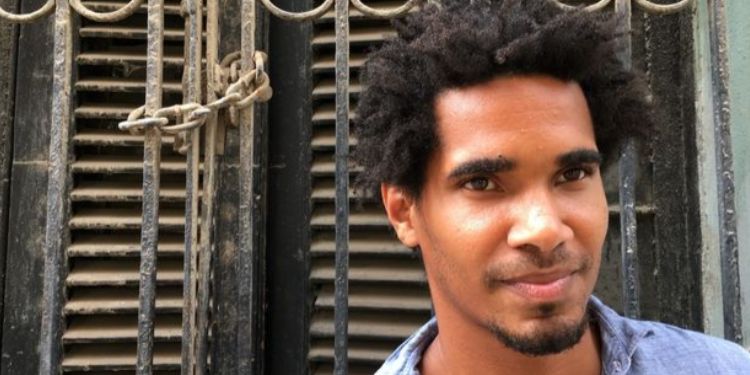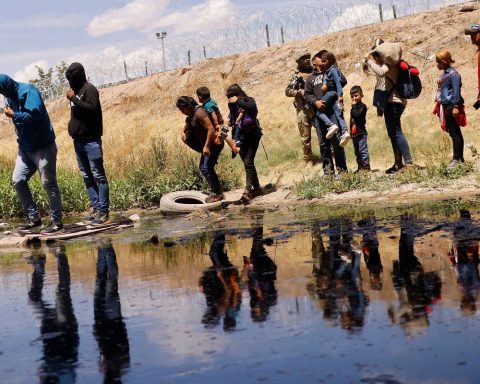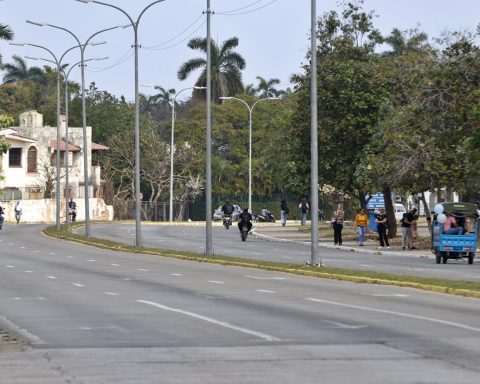The Secretary of Security of the United States, Alejandro N. Mayorkas, reported last April that as of May 23, Title 42 would be suspended.
“Title 42 is not an immigration measure, but rather a public health measure used by the Centers for Disease Control and Prevention (CDC) to protect us from the spread of communicable diseases. Title 42 remains in effect until May 23, and until then DHS will continue to remove adult individuals and families we find with irregular status at our southwest border,” he reported.
However, with 72 hours to go before the suspension, Robert Summerhays, a federal district judge in Louisiana, blocked the intention of the Joe Biden administration. The ruling came after the states of Arizona, Louisiana and Missouri filed suit against the suspension of Title 42, which was later joined by 19 states, most of them governed by the Republican Party.
The states that oppose the end of Title 42, such as Arizona and Louisiana, have been criticized because they use the pandemic as a pretext to prevent migrants from applying for asylum, but in their territories they do not exercise any measure against covid-19. For example, in the first it was prohibited to require the vaccination of its population against the coronavirus and the use of face masks no longer prevails.
The Joe Biden government announced that it will appeal the decision made by Judge Summerhays.
“The administration disagrees with the ruling and the Justice Department will appeal the decision,” White House spokeswoman Jarine Jean-Pierre said.
José María Ramos, a researcher at the Department of Public Administration Studies at El Colegio de la Frontera Norte, explains that the demand from these states arose because they argued that the recision of Title 42 would increase covid-19 infections.
“There was political-judicial pressure from nearly 20 states, there were also concerned Democratic and Republican senators who were not in favor of suspending it because the influx of covid-19 cases could increase, of an invasion,” he recalls.

















